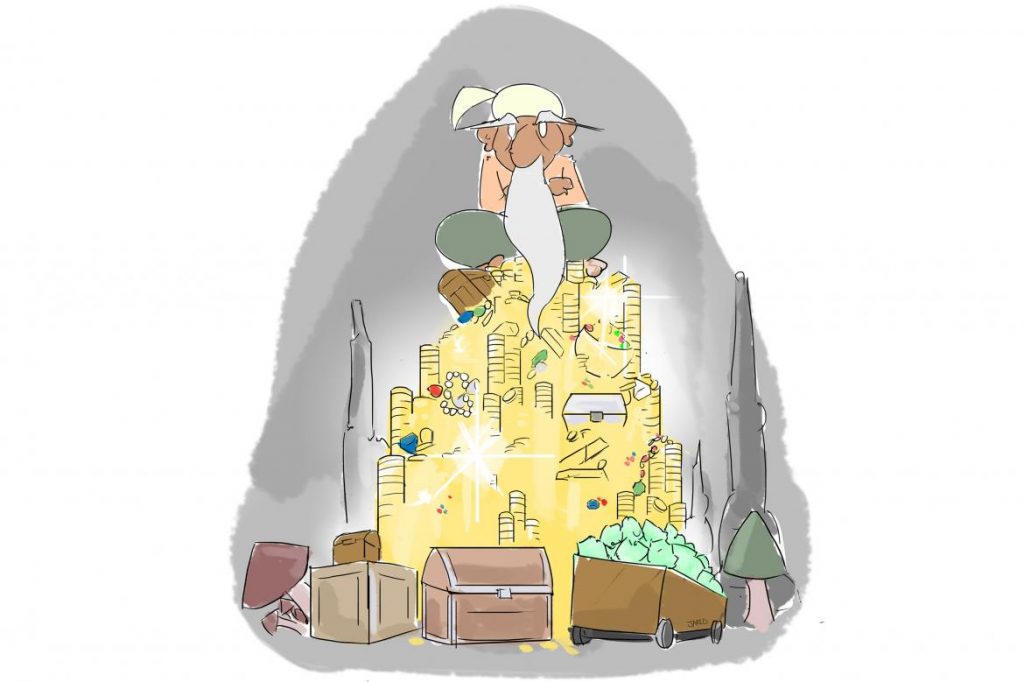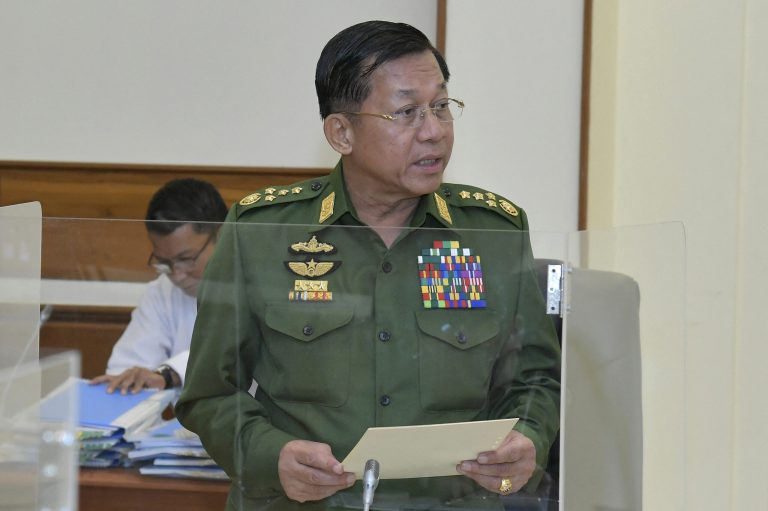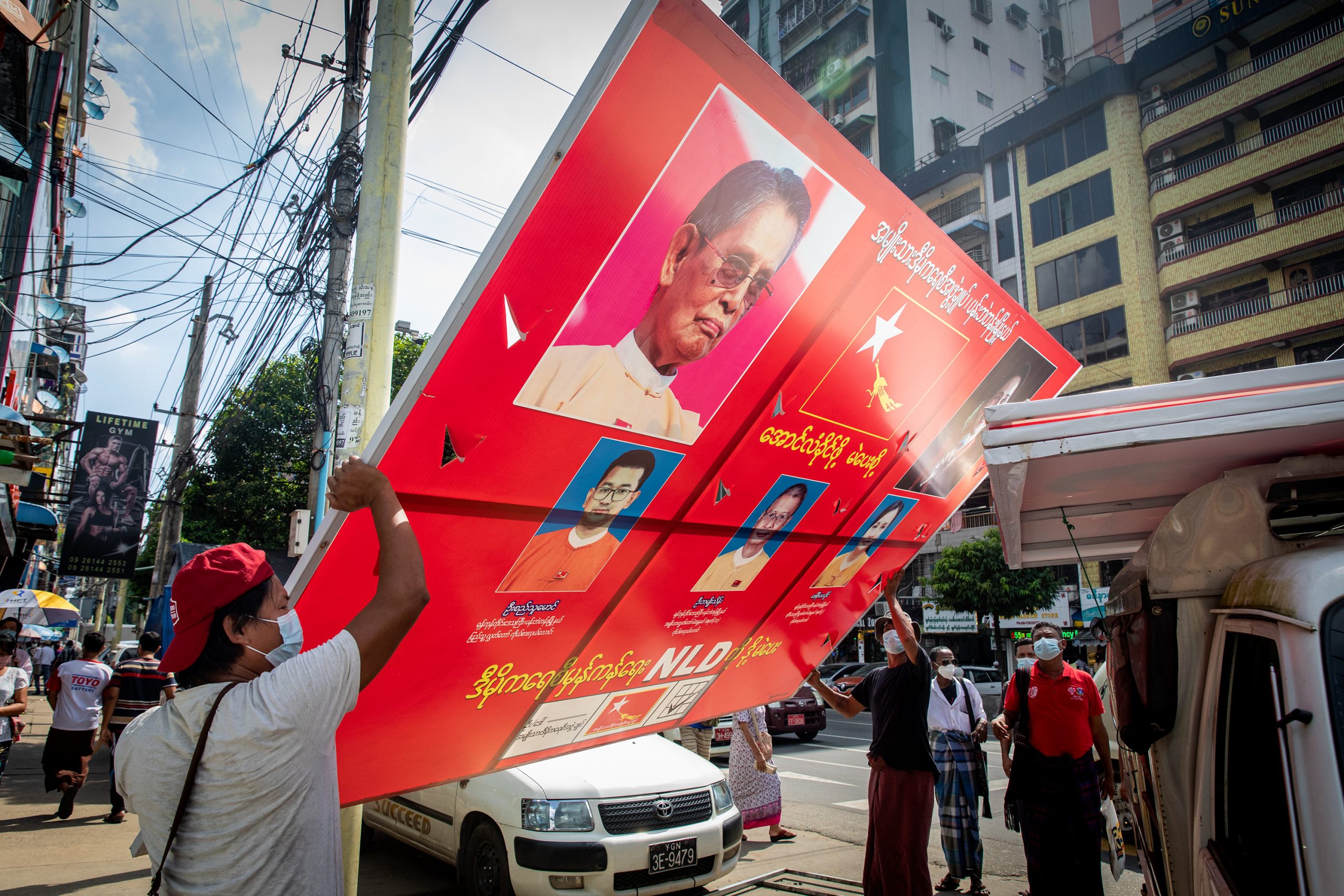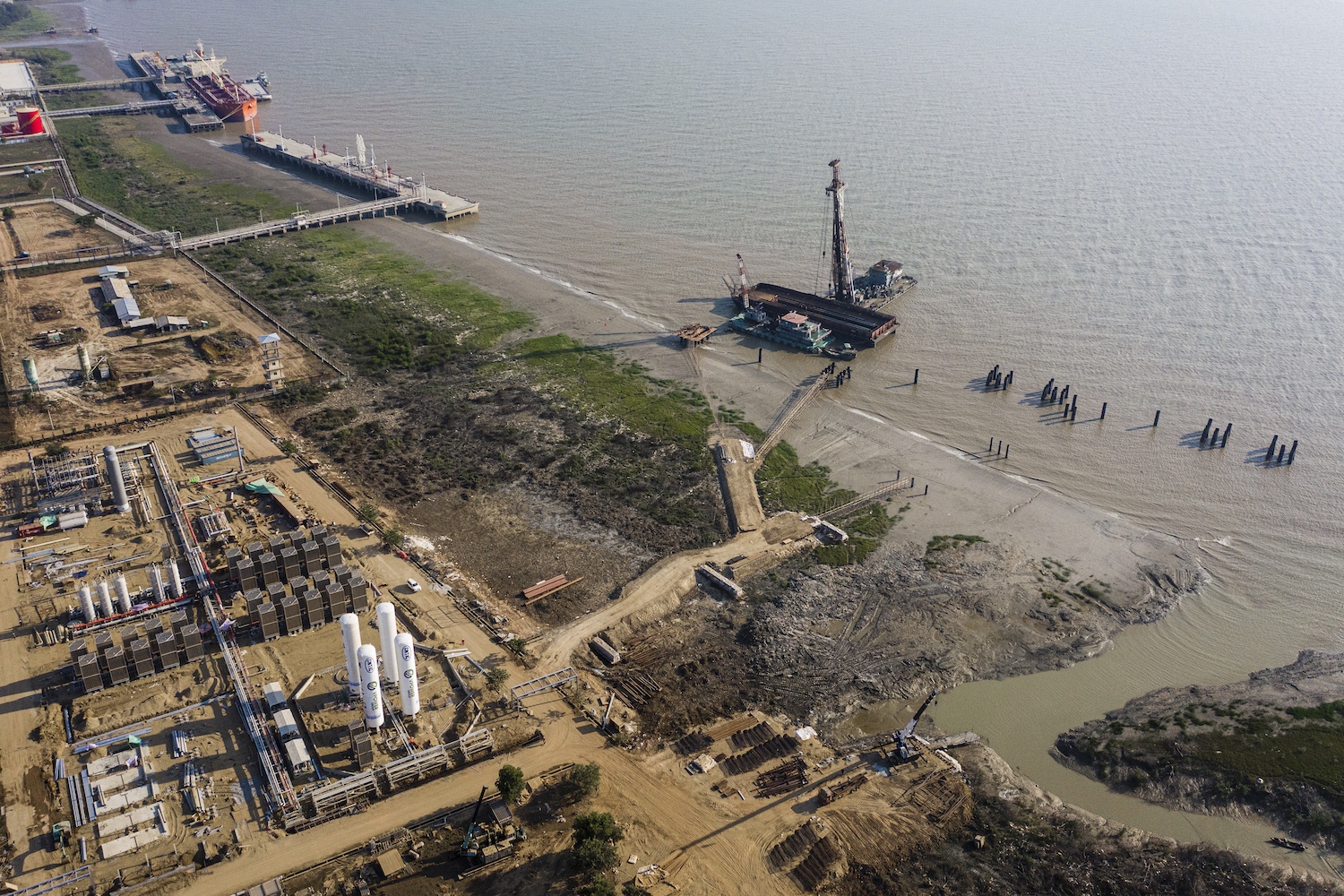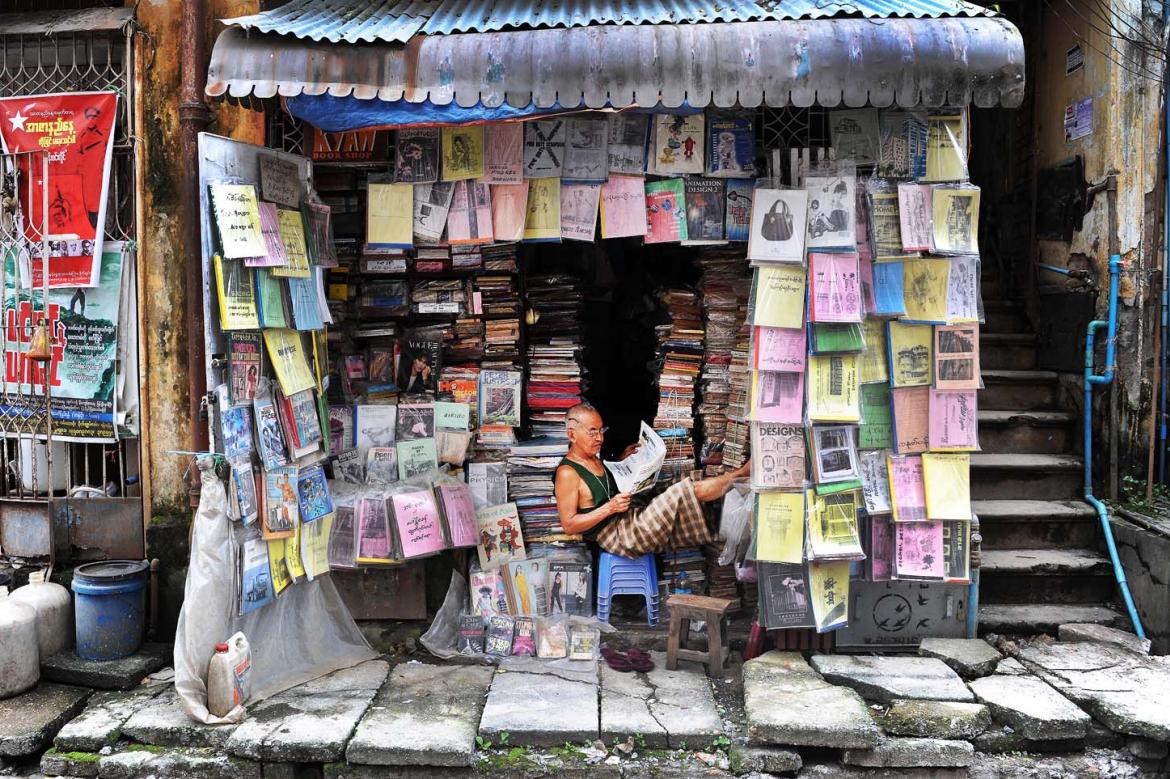Some state-owned enterprises have accumulated well over K10 trillion kyats in their accounts. That’s four times Myanmar’s budget deficit.
NATIONAL LEAGUE FOR DEMOCRACY lawmakers in the Pyidaungsu Hluttaw have been accused of toeing the government line a little too readily over the past two years.
It is in some ways an unfair criticism; the party leadership bears most of the responsibility because of the restrictions it has placed on MPs’ ability to ask questions, submit proposals or table changes to bills.
It was heartening to be reminded recently that lawmakers can actually take an oppositional stance to the government.
The issue at question was the income that state-owned enterprises have accumulated in what are known as “other accounts” since 2012-13. Over the past five years, SOEs have been able to retain 55 percent of net profits in order to help cover future expenses and reduce reliance on the budget.
Lawmakers, led by Daw Thet Thet Khine, say the SOEs should pay all their earnings into the budget and transfer back the revenues they have accumulated in these accounts.
Support more independent journalism like this. Sign up to be a Frontier member.
Although officials from the Ministry of Natural Resources and Environmental Conservation and the Ministry of Planning and Finance argued against the proposal on the grounds they were already taking steps to address the issues, the NLD members voted to uphold it. The government is now, at least in theory, committed to taking action on the issue.
But what really caught the eye during the discussion was the statement that some SOEs have accumulated well over K10 trillion kyat in these accounts. To put that in perspective, it’s four times Myanmar’s budget deficit in 2016-17.
These figures should not be surprising, though. Myanmar’s Extractive Industries Transparency Initiative report for 2013-14 revealed transfers to other accounts that year totalled K1.5 trillion. However, this figure does not include all enterprises.
While SOE revenues are generally declining, there’s still plenty to be earned from sales of natural gas, timber, and gems and jade – particularly given the reforms underway in management of the forestry and mining sectors.
So are the “other accounts” a problem? In theory, granting some financial autonomy to SOEs is a positive step. They don’t need to go to parliament with their begging bowl every year for another budget allocation. The money is not totally off the books, either; the accounts are audited.
But in practice, there are a number of issues. Not all SOEs are alike; many are not profitable, but a few are very profitable. By setting a flat 45 percent contribution to the budget, a few SOEs have accumulated very large amounts.
Financial autonomy assumes that these SOEs can responsibly manage the funds they are accumulating. Historically, this has not always been the case; SOEs have been a massive source of graft and illicit income for managers and those who interact with them.
Whether corruption is still rife, there are questions as to how the funds in the “other accounts” are being used. Certainly, financial autonomy should not mean lack of accountability. As politicians in Myanmar are fond of saying: rights come with responsibilities, too.
Frontier for one is still yet to be convinced that adequate accountability mechanisms are in place to properly handle these massive sums of money. Perhaps the next EITI report, due in March 2018, will shed more light on how this money is managed.
In the meantime, it’s not surprising that lawmakers would target SOEs over this. This is not a simple cash grab: rather, it reflects a lack of faith in the integrity and management skills of those in charge of the enterprises in question.
But even if the SOE revenues are not being misused, there’s a potential opportunity cost to “other accounts”. How useful is it to park K10 trillion in Myanmar Economic Bank? Surely there are more productive ways in which it could be used.
One problem Myanmar faces in attracting international investment, particularly in infrastructure projects, is its inability (or refusal) to grant sovereign guarantees – for example, that the state won’t seize the asset or default on payments. To address this, the funds in the “other accounts” could instead be put into a state guarantee fund and thus potentially help Myanmar access many, many billions in private investment.
This might not be practical, but it’s an example as to how the K10 trillion (and counting) in “other accounts” could be put to a more productive use.
This editorial first appeared in the December 14 issue of Frontier.


